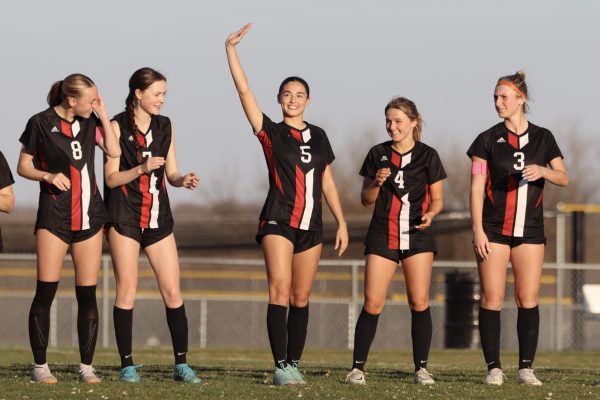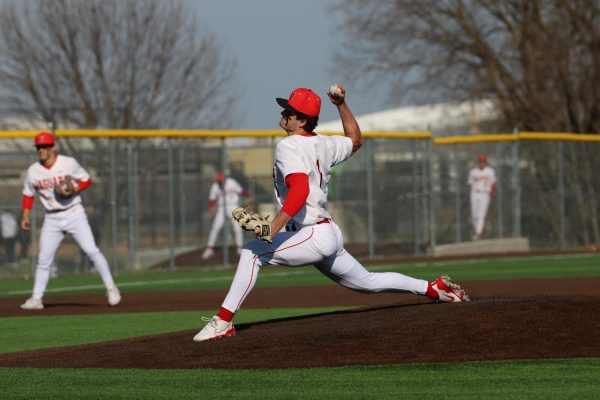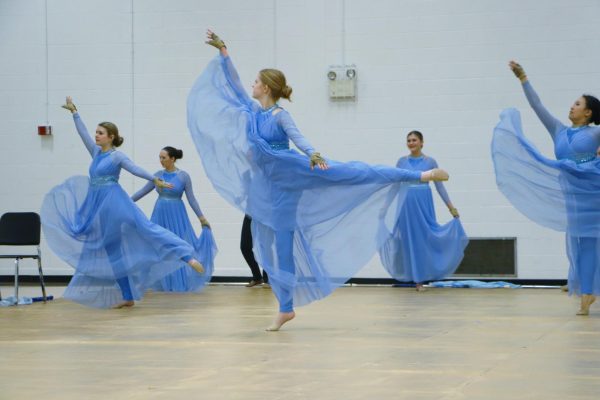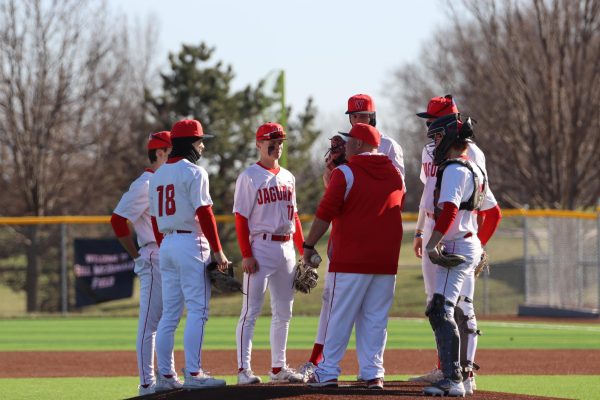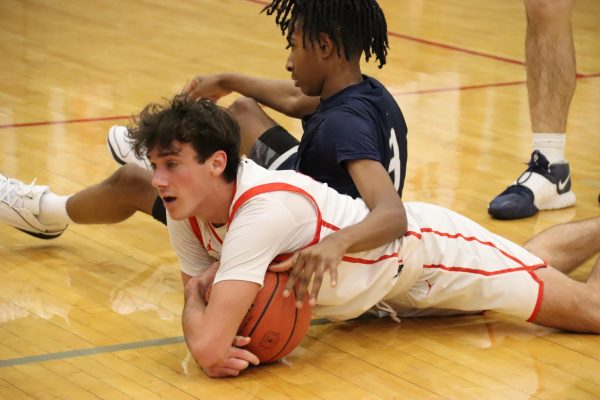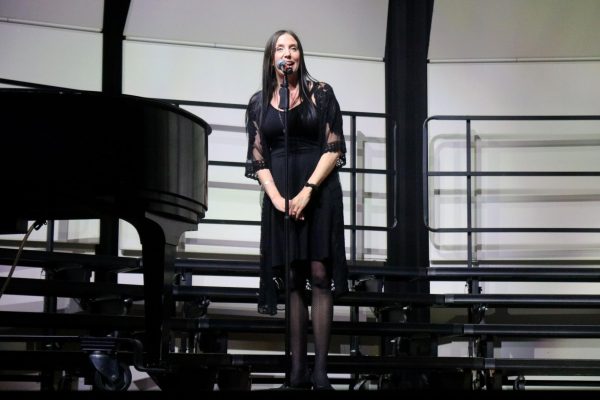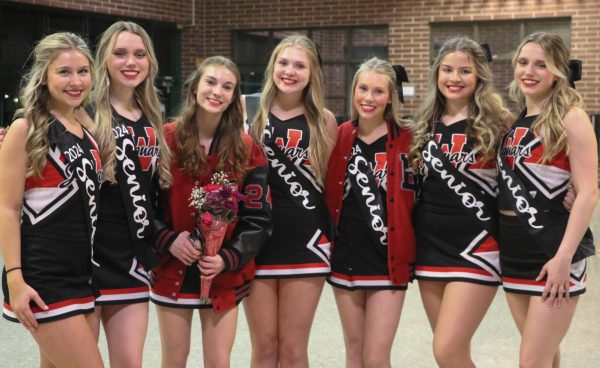More than a Voice
Students want to vote, and it’s time they have a say
In April 2018, students proudly walked out of class to protest gun violence and support gun reform in a demonstration both planned and managed by students. The walk-out was not an excuse to skip class. Rather, students stood outside in solidarity as they called attention to an issue that they felt politicians were failing to address.
In addition to gun control, young people care about a vast number of social issues. From topics like climate change to immigration, teens are speaking their minds. However, they want more than a voice. They want a vote. And it’s time that they receive the opportunity to express their thoughts through the ballot.
The mass school shooting at Marjory Stoneman Douglas High School in 2018 opened the door for teen involvement in politics. Student survivors of the shooting like Sarah Chadwick and Emma González fought for stricter gun laws, and they urged high schoolers all around America to do the same. After becoming inspired by the Parkland students, Massachusetts congresswoman Ayanna Pressley ignited the youth voting discussion in March of 2019. According to The Washington Times, Pressley proposed an amendment that would allow 16 and 17-year-olds to vote in federal elections. The objective was to expand voting rights and allow more young people to weigh in on issues that directly impact them.
While the bill did not pass, it certainly sparked conversation. While many adults claim that 16-year-olds lack the maturity and responsibility to cast an informed vote, others recognize that an increased number of adolescents are engaging in political issues, and therefore have earned the ability to participate in elections.
Social studies teacher Nicholas MacDonnell acknowledges that lowering the voting is not a simple cut and dry decision.
“If we look at global problems, things like climate change, I think the 16- year-olds have a really valid criticism when they say ‘Why am I not allowed to vote for decisions that could be impacting the quality of my life?’ I definitely have a lot of empathy and understanding,” MacDonnell said. “But when you talk about historic voting trends of 18 to 24-year-olds, the idea of a 16-year-old voting scares me. And not because I don’t think that 16-year-olds can make a valid decision, but will they even participate?”
Changing the voting age is a complex issue. If we examine it from a maturity standpoint, 16-year-olds are more than capable of voting. Those who oppose a lower voting age often argue that 16-year-olds don’t have the life experience of an adult to make a truly informed vote.
However, at age 16, a person can legally work, drive, and even become incarcerated as an adult. The federal government can take money out of a 16-year-old’s paycheck for income tax, when they cannot vote for how the government uses that money. It’s unjust that 16-year-olds can function as working, contributing members of society just like adults and still cannot cast a ballot.
While 16-year-olds can have the maturity of an adult voter, it is still necessary that they are knowledgeable about politics and government before they obtain the right to vote. Social studies teacher Josh Koerkenmeier emphasizes the need for educated voters.
“18 is the age at which most people are getting out of high school. Most people are more informed by that point [because] they’ve taken a government class, which is required,” Koerkenmeier said. “In my opinion, after teaching government for a long time, I would say only around half of the students coming into their senior year taking government class are what I would consider to be pretty well-informed citizens. But coming in, most of them are not.”
It makes sense that the vast majority of teens are politically uneducated before taking a government class in high school. However, a lower voting age could further encourage the importance of civics classes and motivate more young people to vote. Many students who are enrolled in government classes have not yet turned 18, so they are learning about government while they cannot participate in it. If the voting age was 16, students in government classes could be more inclined to go out and vote, as the information they learn in school about government is relevant to their lives.
BV West senior Ria Dave also sees how lowering the voting age would increase voter participation.
“I feel like lowering the voting age to 16 will cause more people to go vote because they are informed with what they learn in school and they see others who vote, like their parents and teachers,” said Dave. “Also, I read an article about how it is more likely that you will continue to cast your vote once you vote [for the first time], so I feel like lowering the voting age to 16 will set a precedent for everyone to keep voting. It would give students a voice about issues they are experiencing while in high school.”
Time and time again, young people are the catalyst for significant social change. They aren’t afraid to speak their minds and rebel against the societal norms. Let’s give them more than a voice to express their beliefs and create change. Let’s give 16-year-olds the right to vote.
In 1971, 18-year-olds were given the right to vote because they could fight and die for America in the Vietnam War. 16-year-olds today are fighting too; but now, instead of war, they’re fighting for gun reform and saving the planet. Let’s give 16-year-olds more than a voice. Let’s give them a vote.





